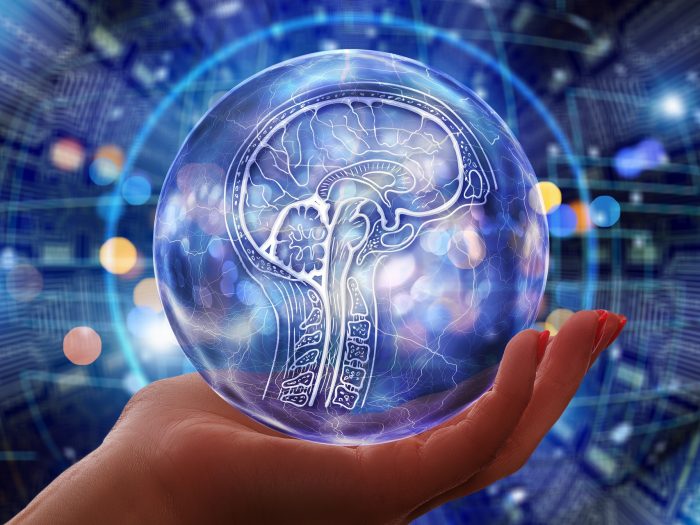Most of us know that artificial intelligence (AI) is being an increasingly present part of our daily lives. Still, many of us would be quite surprised to know of some of the skills AI already has. Here are 13 most surprisingly such skills.
1. Read
You wish to save time by only having to pay attention to the important, relevant points of communication? Your wish can come true by using artificial intelligence-powered SummarizeBot. You can use this for news articles, weblinks, books, emails, legal documents, audio and image files, and many more. The automatic text summarization will do the work for you and give you back the essential points. Right now, SummarizeBot can already be used in Facebook Messenger or Slack and is based on natural language processing, machine learning, artificial intelligence, and blockchain technologies.
2. Write
It is hard to believe that even professional journalists and news organizations like The New York Times, Washington Post, Reuters, and many more rely on artificial intelligence to write but they do. Even if this includes many “who, what, where, when, and how” formulaic pieces, AI is able to do more creative writing as well. Marketers are using artificial intelligence to craft their social media posts and even more than that, a novel has been written by artificial intelligence that was short-listed for an award.
3. See
Machine vision refers to when computers can “see” the world, analyze visual data, and make decisions based on the information it sees. There are so many incredible ways machine vision is used today, from enabling self-driving cars, facial recognition for police work to payment portals.
4. Hear and understand
AI can detect gunshots, analyze the sounds, and then alert the relevant institutions. This is one of the most surprising things AI can do when it hears and processes sounds. Business professionals find very helpful the convenience, efficiency, and accuracy provided by AI through automated meeting minutes.
5. Speak
Artificial intelligence also has the ability to speak. It can be helpful to have Alexa and Google Maps Respond to your questions and give you directions but Google Duplex takes it one step further and uses AI to make appointments and do tasks over the phone in very simplistic language.
6. Smell
The artificial intelligence researchers are developing AI models that will be able to detect illnesses simply by smelling the human’s breath. It will detect chemicals called aldehydes that are associated with human diseases and stress, including cancer, diabetes, brain injuries, and even detecting the “woody, musky odor” emitted from Parkinson’s disease before any other symptoms appear. Artificially intelligent could also identify gas leaks or other caustic chemicals.
7. Touch
By using sensors and cameras, we already have a robot that can find “supermarket ripe” raspberries and pick them and place them in a cart. Its creator hopes that in the future it will be capable to pick one raspberry every 10 seconds for 20 hours a day. They also help to link touch with other senses.
8. Move
Artificial intelligence propels all kinds of. The Alter 3 production at Tokyo’s New National Theatre has developed robots that can generate motion autonomously.
9. Understand emotions
Market researchers are helped by AI tools that track people’s emotions as they watch videos. Artificial emotional intelligence can collect data by analyzing a person’s facial expressions, body language, and more and compare them with an emotion database to find what emotion is likely being expressed.
10. Play games
AI can also learn to play games like chess, Go, and poker and can even compete and beat humans at them.
11. Debate
IBM’s Project Debater showed us that AI is even able to successfully debate with humans on complex subjects. It is not only capable to research a topic but also to formulate an engaging point of view and formulate counterarguments against a human.
12. Create
AI can also do creative processes, including creating visual art, writing poetry, composing music, and taking photographs.
13. Read your mind
Artificial intelligence can interpret brain signals and create a speech based on them. This can be a life-changing benefit for this with speech impairment, but a little bit troubling when you think about the mind-reading aspect of this skill.



